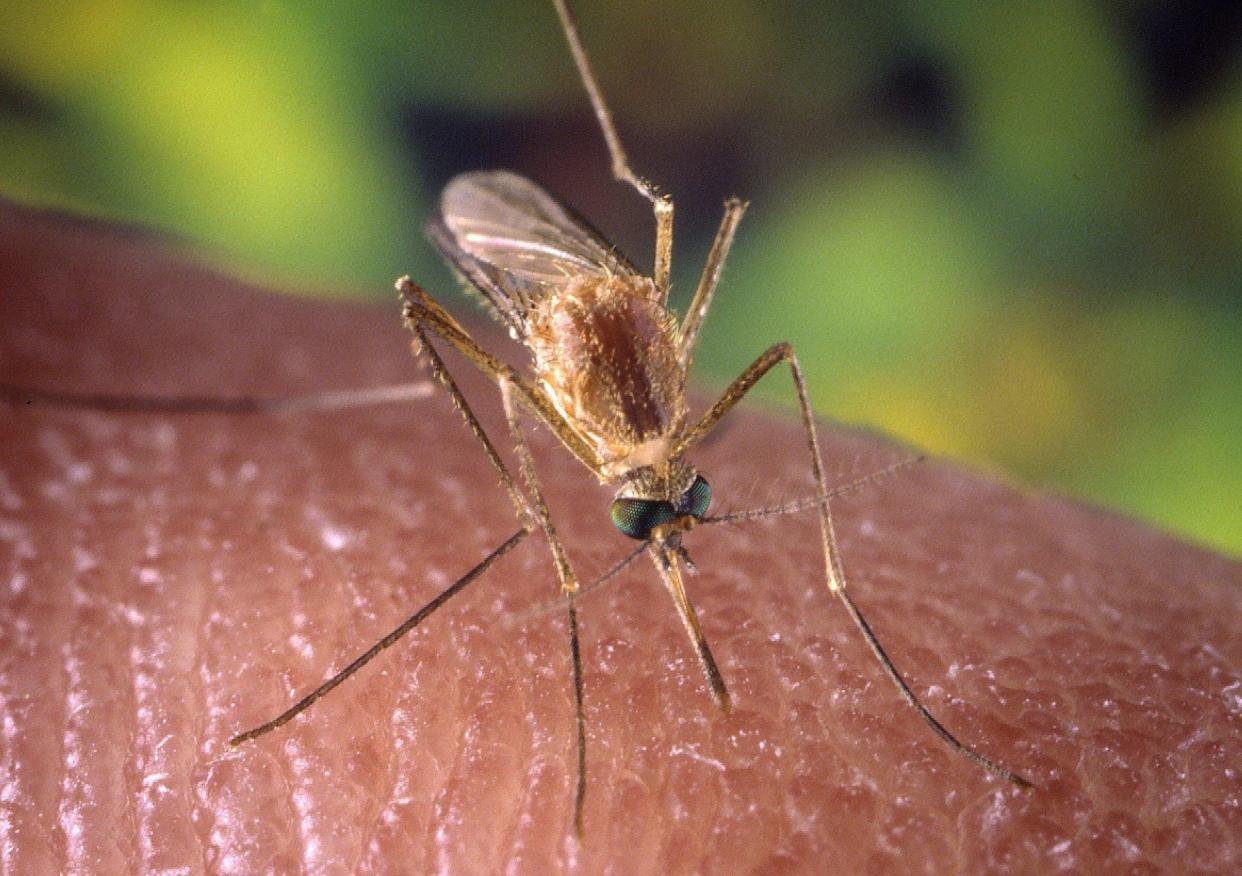Take Care: Common questions about West Nile virus
West Nile virus is a potentially serious illness most commonly spread by mosquitoes. While many people infected with the virus show no symptoms, it can cause severe neurological diseases in some cases. Keystone Infectious Disease’s Medical Director, Dr. Raghavendra Tirupathi, and medical students studying under him, Tejani Vitrag Nikhilbhai, Phuong Ngan Nguyen Ba, Anusha Endreddy and Saketh Reddy, have answered some common questions about the virus so you know how to protect yourself and your loved ones.
What is West Nile virus?
West Nile virus (WNV) is a mosquito-borne virus first identified in the United States in 1999. It is most commonly found in Africa, Europe, the Middle East and North America. The virus primarily infects birds, but mosquitoes can transmit it to humans and other animals.
Most people infected with WNV do not develop any symptoms, but in some cases, the virus can cause serious illness, particularly in older adults and those with weakened immune systems.

How is West Nile virus spread?
The primary method of transmission is through the bite of an infected mosquito. Mosquitoes become infected when they feed on birds carrying the virus. They then spread it to humans and other animals through their bites. It is not spread by casual contact, such as touching or kissing.
In rare cases, the virus can be transmitted through blood transfusions, organ transplants or from mother to baby during pregnancy, delivery or breastfeeding.
What are the symptoms of West Nile virus?
Approximately 80% of people infected with WNV show no symptoms at all. About 20% of infected individuals develop West Nile fever, which includes symptoms like: fever, headache, body aches, fatigue, nausea or vomiting, and skin rashes.
Less than 1% of cases progress to severe neurological illnesses such as encephalitis (inflammation of the brain) or meningitis (inflammation of the membranes surrounding the brain and spinal cord). Severe symptoms include: a high fever, severe headache, neck stiffness, disorientation or confusion, muscle weakness, tremors or convulsions and paralysis.
Severe cases can be life-threatening, and recovery may take several weeks or even months. In some instances, long-term effects on the nervous system may occur.
How is West Nile virus diagnosed?
If you suspect you have West Nile virus, especially if you have been bitten by a mosquito recently, it is essential to seek medical attention. Diagnosis is typically made through a blood test or, in more severe cases, a spinal tap to check for the virus in the cerebrospinal fluid.
What’s the treatment for West Nile virus?
There is no specific antiviral treatment for West Nile virus. Most mild cases resolve on their own with supportive care, such as rest, fluids and over-the-counter pain relievers. In severe cases, hospitalization may be required to manage symptoms, including intravenous fluids, pain management and, in some cases, respiratory support.
More Take Care: Don't let this be the summer you get Lyme disease
More Take Care: Take Care: What you need to know about poison ivy, oak and sumac
How can you protect yourself from West Nile virus?
Preventing mosquito bites is the best way to avoid West Nile virus. Here are some tips to keep you safe:
Apply insect repellent containing DEET, picaridin or oil of lemon eucalyptus to exposed skin and clothing;
When outdoors, wear long-sleeved shirts, long pants and socks to reduce skin exposure to mosquitoes;
Mosquitoes that carry WNV are most active from dusk to dawn, so try to stay indoors during these times;
Regularly empty and clean items that collect water, such as bird baths, flowerpots and gutters as mosquitoes breed in standing water;
Make sure windows and doors have tight-fitting screens to prevent mosquitoes from entering your home.
West Nile virus is a serious health concern, but with the right precautions, you can significantly reduce your risk of infection. If you experience symptoms after being bitten by a mosquito, seek medical attention promptly. Stay informed, stay protected and take the necessary steps to safeguard your health and that of your family.
This article originally appeared on Chambersburg Public Opinion: Keystone Health answers common questions on West Nile virus
